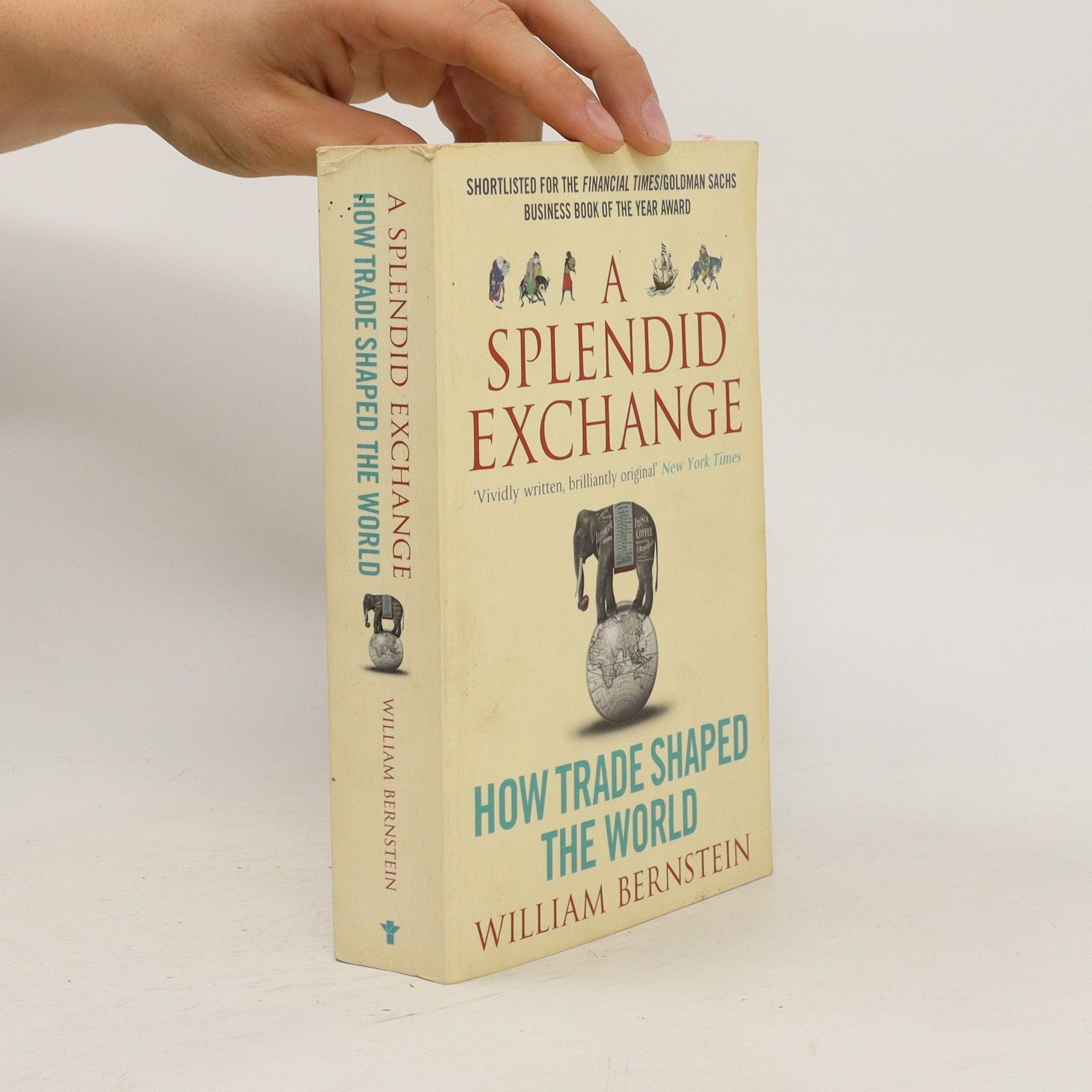Covers the four fundamental topics that every investor must understand: the theory, history, psychology, and business of investing.
William L Bernstein Livres
William J. Bernstein est un théoricien financier et neurologue américain. Ses recherches portent sur la théorie moderne du portefeuille, et il est l'auteur de livres destinés aux investisseurs individuels souhaitant gérer leurs propres portefeuilles d'actions.



As globalisation wobbles into world crisis, a vividly written, brilliantly original history of world trade, the first for a generation: 'A Splendid Exchange is a splendid book.' New York TimesSHORTLISTED FOR THE FINANCIAL TIMES / GOLDMAN SACHS BUSINESS BOOK OF THE YEAR
Inspired by Charles Mackay's 19th-century classic Memoirs of Extraordinary Popular Delusions and the Madness of Crowds, William Bernstein engages with mass delusion with the same curiosity and passion, but armed with the latest scientific research that explains the biological, evolutionary and psychosocial roots of human irrationality. Bernstein tells the stories of dramatic religious and financial mania in western society over the last 500 years - from the Anabaptist Madness that afflicted the Low Countries in the 1530s to the dangerous end-times beliefs that animate ISIS and pervade today's polarised nations; and from the South Sea Bubble to the Enron scandal and dot com bubbles of recent years. Through Bernstein's supple prose, the participants are as colourful as their motivation, invariably 'the desire to improve one's well-being in this life or the next.' As revealing about human nature as they are historically significant, Bernstein's chronicles reveal the huge cost and alarming implications of mass mania as he observes that if we can absorb the history and biology of mass delusion, we can recognise it more readily in our own time and avoid its frequently dire impact